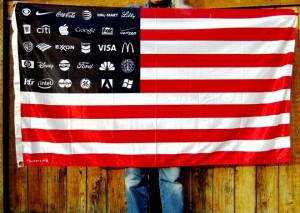I would like to preface this blog post with two notes: the fact that my legal name is Al-Hassan Al-Shaibani and that I am of a mixed background (Iraqi-Czech).
Leading up to 2003, a decade-long dance of political and economical sanctions imposed on Iraq included a ban on all international flights. The resulting passageway between Iraq and the remaining world was a long stretch of barren highway stitched onto the northeastern corner of the Hejaz desert towards Jordan. Unlike many geopolitical borders whose map lines follow rivers, mountain ranges or other physical features, the Sykes-Picot tessellation of the Middle East in the early 20th century carved unnaturally straight lines to define nationhood (it is often joked that they used a ruler to divide up a map of the Middle East after World War I). In addition to a political and geographical margin, the Iraqi-Jordanian border crossing has come to inhabit a cultural and identity hyphen of those born in Iraq under the sanctions.
Baptized the “Karamah” border crossing in Jordan, the Iraqi name for the arid corridor leading in and out of the country is “Trebil.” This word is an anglicized version of the Arabic name, which ironically is a bastardization of the English word “Trouble.” Back in the early 20th century, the colonial British presence in Iraq gave that location the nickname “Trouble” to signify the harrowing paths crossed by desert nomads and the difficulty of travelling to the emirate trans-Jordania. “Trouble” was Arabicized to Trebil and then re-translated to English as “Trebil.” Decades later, the history of the name came to announce the stringent travel limitations imposed on Iraqis and soon became part of the cultural memory.
In Diamond Grill, Fred Wah writes, “Maps don’t have beginnings, just edges.” I find this statement inapplicable to Trebil; here, the man-made borders and names do have a beginning which play a role in shaping, re-shaping and defining a populace. Soon enough, Trebil was a familiar inhabitant of Iraqi daily talk. The difficulty of successfully or easily passing through that border crossing is a tale too common amongst those living in Iraq during the sanctions of the 90s and early 2000s.
It appears that you cannot locate or describe Trebil without referring to an in betweenness or a hyphen. It is so entrenched in the identity of this location that it seems to embody the hyphen. Trebil was, and to some extent still is, a keystone of Iraqi identity and a bridge to everything outside.
